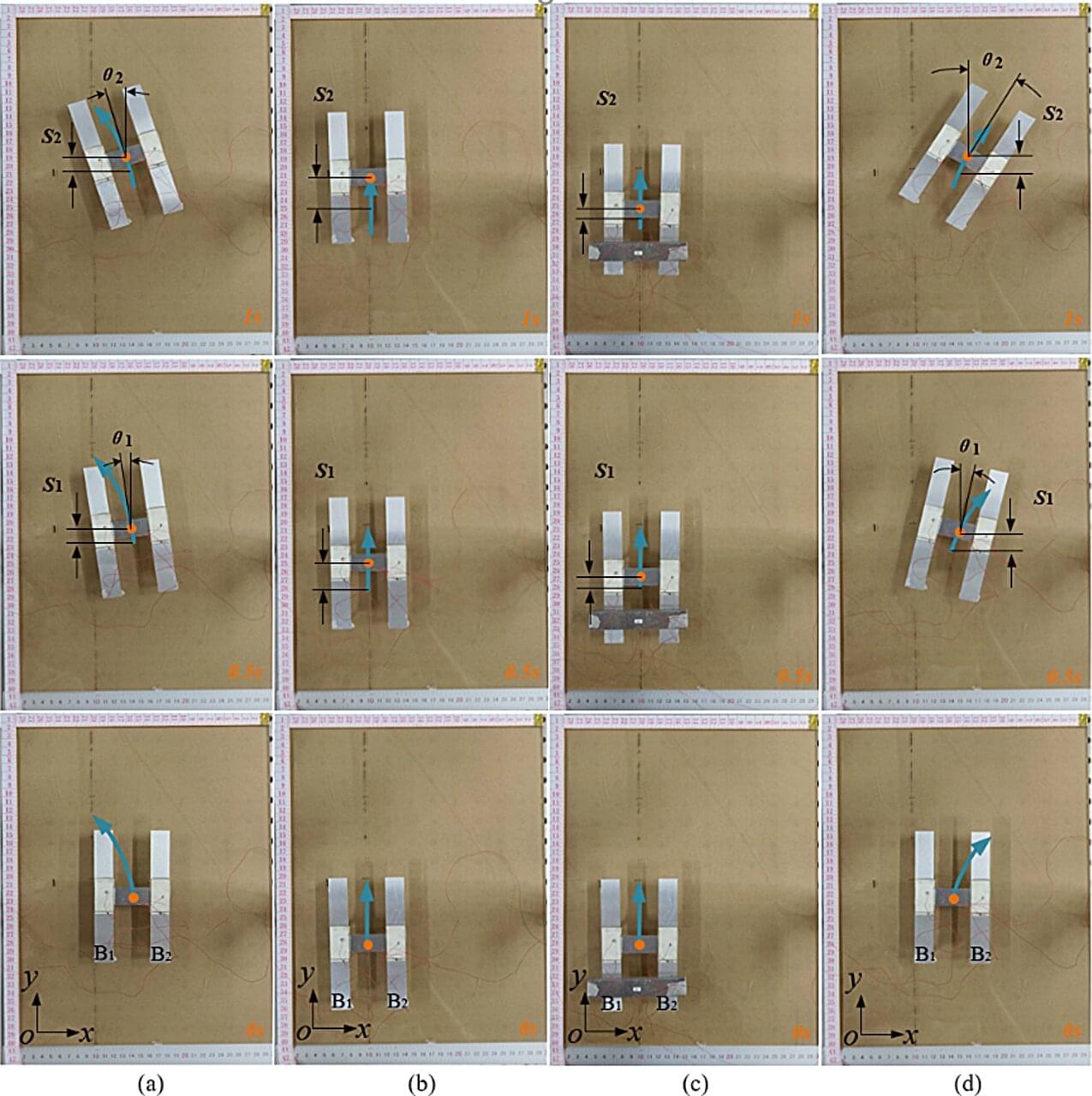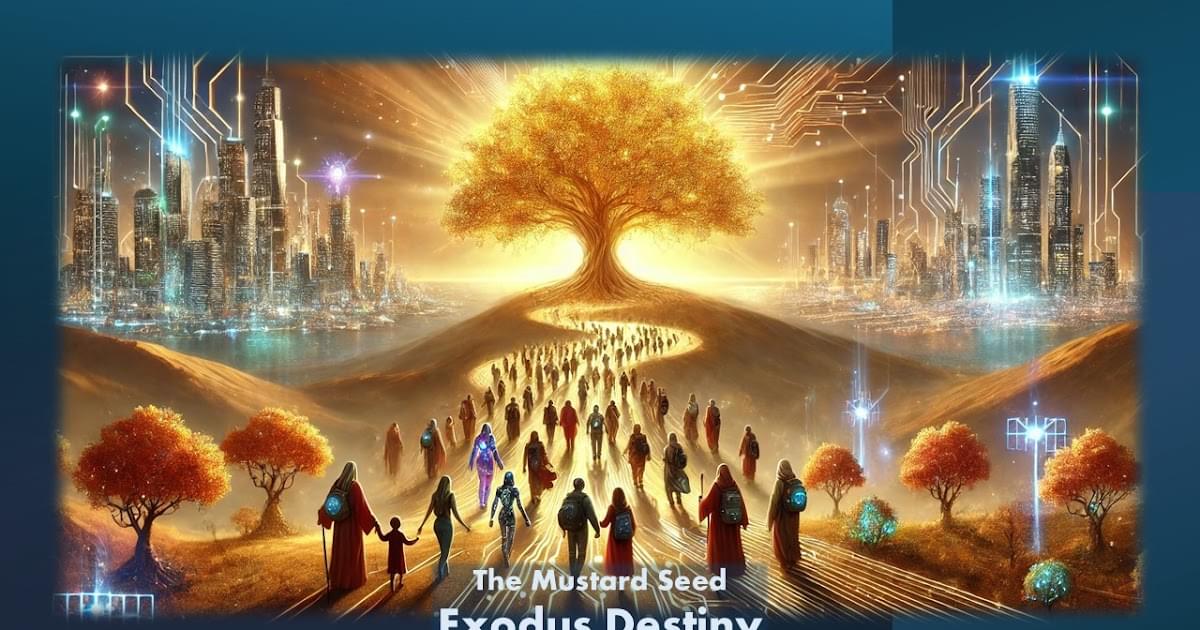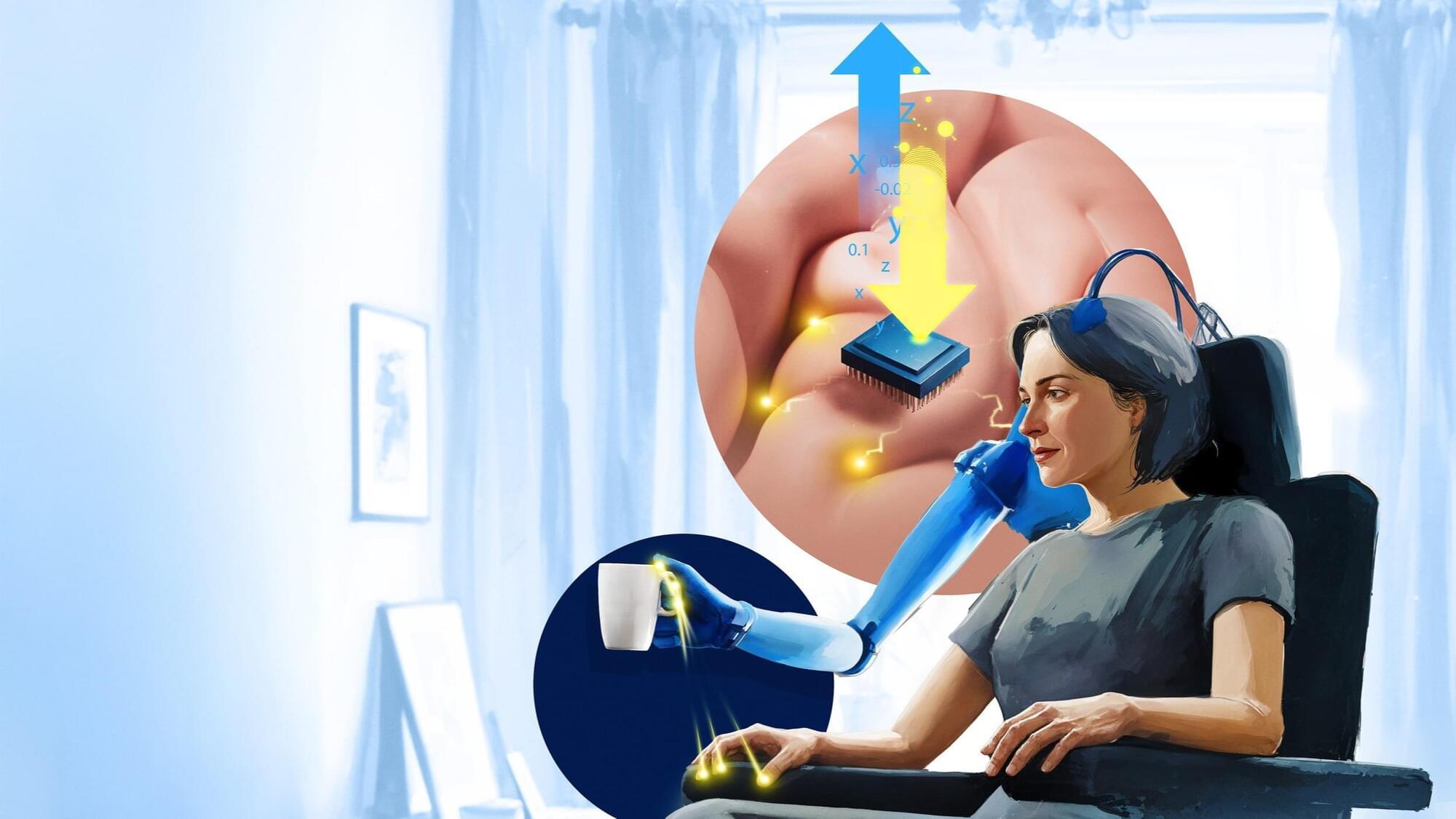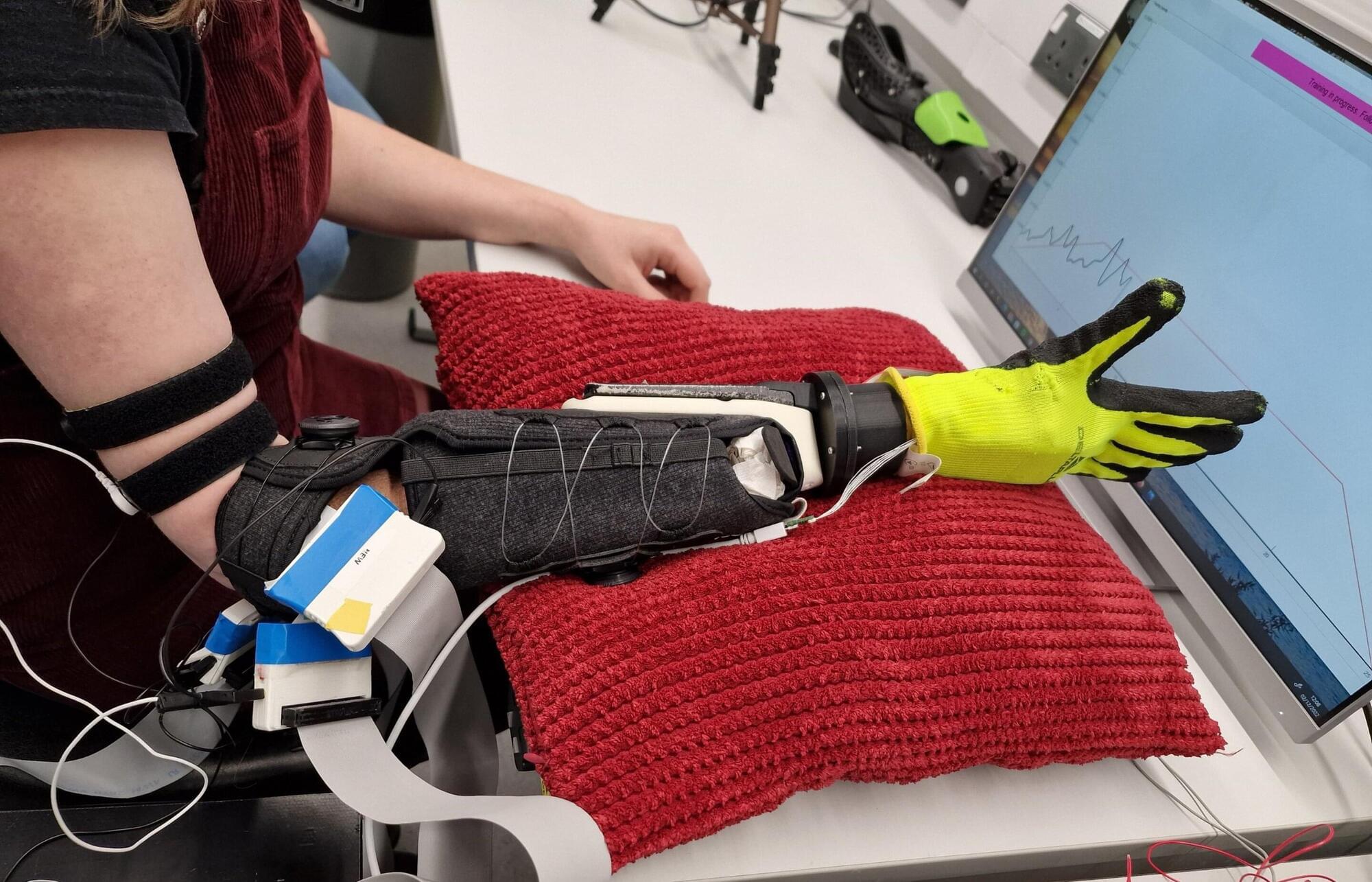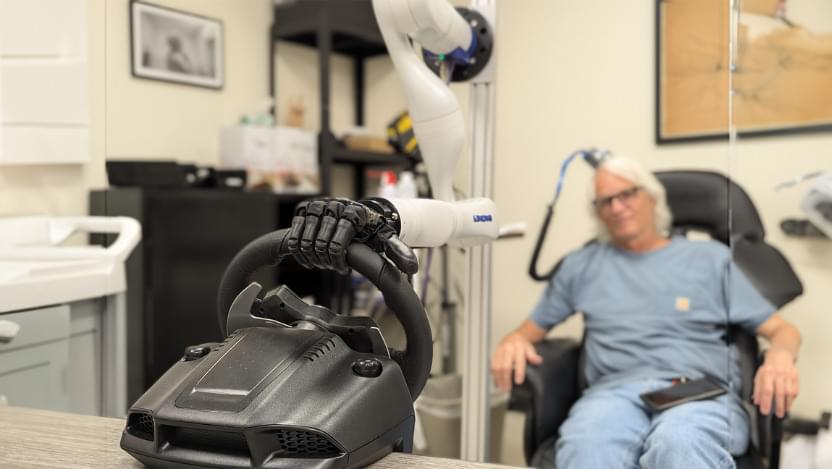This is the prophesied follow-up to my fastpunch through humanism, covering some 20th century reactions to humanist thought. I hypothesize that we’re at something of a standoff between humanism and posthumanism, as our political and educational institutions are struggling to terms with changing technical contexts.
If you like the work there’s more at https://spoti.fi/3f0OIXD and / plasticpills.
Addendum: Sometimes posthumanism is confused with transhumanism, which I had planned to cover in this video but it was getting too long. Transhumanism is often humanistic in that it privileges the same capacities that humanism does–intellect, memory, progress, consciousness–and proposes that our bodies can be technologically or genetically augmented to improve these capacities in new stages of human develepment– uploading our consciousness into the cloud or staving off mortality. Posthumanists, by and large, tend to de-emphasize the supposed value of those ends in the first place, although there is some overlap.
Thanks for watching!
Sources Used:
Nietzsche’s Twilight of the Idols (https://amzn.to/37GFyw7) and Human, All Too Human (https://amzn.to/2OQsdbQ)
Deleuze and Guattari, A Thousand Plateaus (https://amzn.to/33l4AgP)
Bernard Stiegler, Technics and Time (https://amzn.to/2qQoJOF)
Donna Haraway (https://amzn.to/2pPVxqy)
Timecode:
